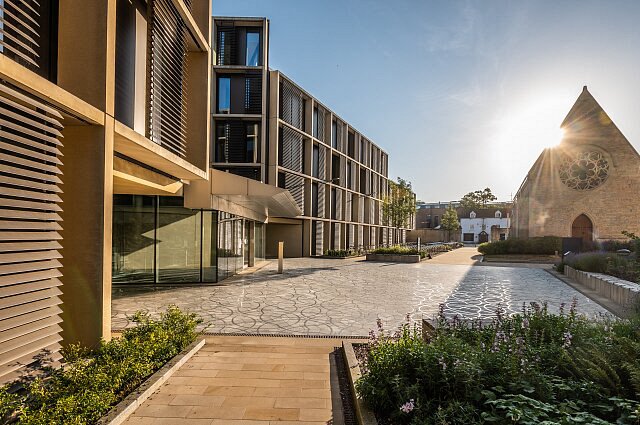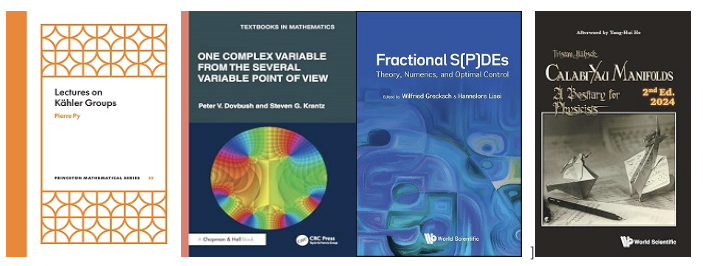The MPLS Divisional Teaching Award Scheme celebrates success, and recognises innovation and/or leadership in teaching. Awards are available to all those who teach, including graduate students, postdoctoral researchers and learning support staff. The Teaching Award Scheme is administered by the MPLS Divisional Office and awards are made, on merit, across the departments by a cross-departmental panel chaired by the Associate Head of Division (Taught Degrees).
Introducing Functional Analytic Tensor Categories
Abstract
This talk will provide an overview of the landscape of bicommutant categories, these are tensor categories with a strong functional-analytic flavour. I will discuss the evolution of the definition (and give the current version of the definition) and explain precisely how they categorify von Neumann algebras, in the same way a tensor category can be viewed as a categorification of an algebra. We will also introduce the string-calculus that renders the coherences in the definition transparent and workable.
The necessary background from functional analysis (in particular, operator theory) will be reviewed, and I will conclude with open questions (if waiting for the end of talk is not your style, there are 75 Open problems on André’s website).


 It's the Week 7 Student Bulletin!
It's the Week 7 Student Bulletin!